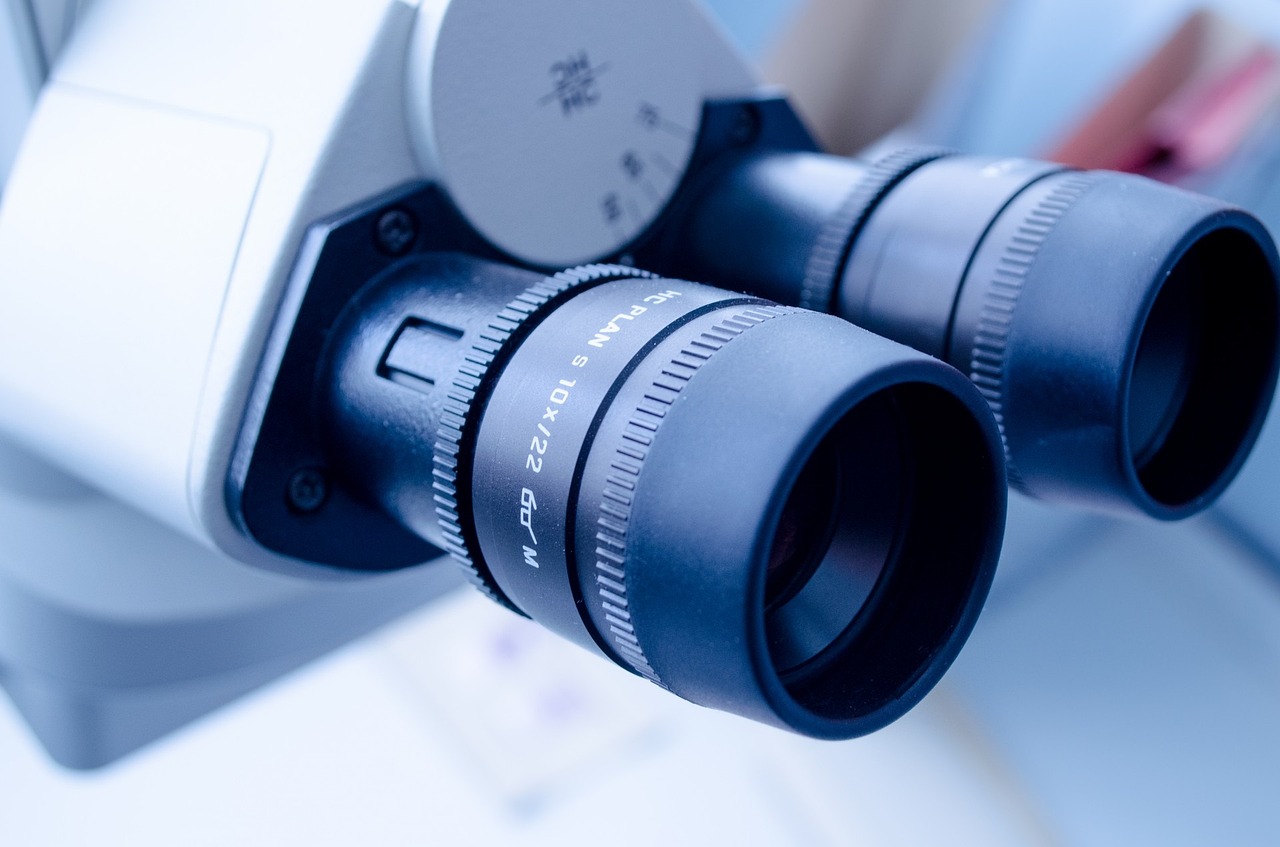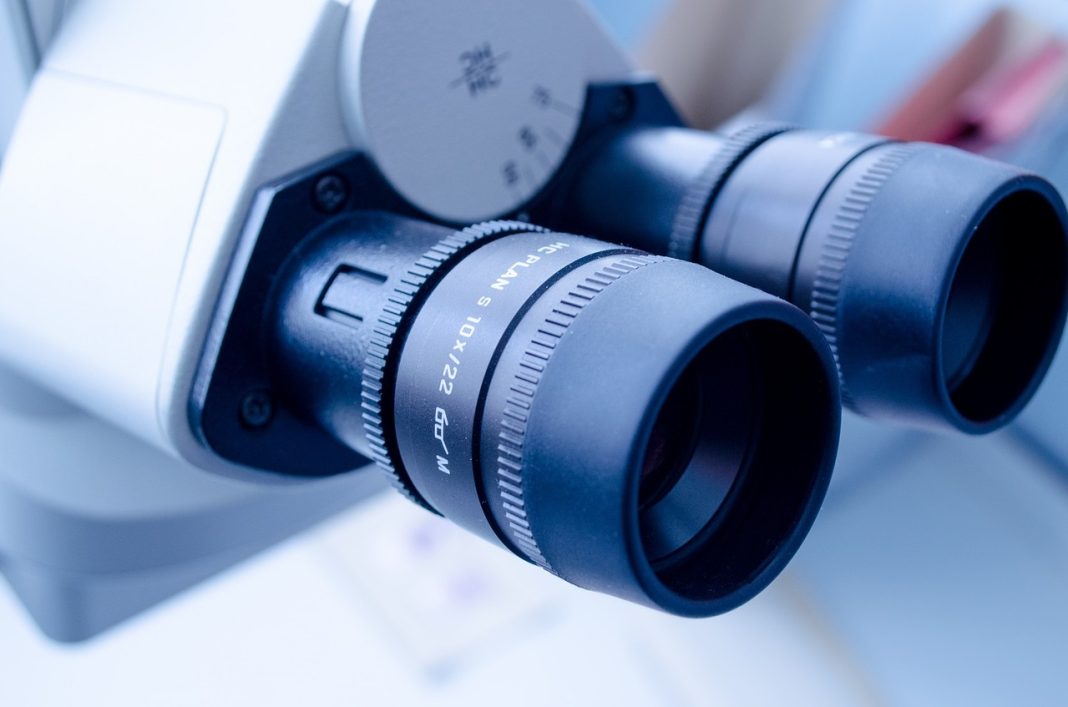
As women, it’s important to prioritize our health and well-being. One of the most effective ways to do so is by undergoing regular health screenings. These screenings can help detect potential health issues early on, allowing for prompt treatment and prevention of more serious conditions. However, with so many different types of screenings available, it can be difficult to know which ones are essential for maintaining optimal health. In this comprehensive guide, we’ll explore the most important health screenings that every woman should consider, providing you with the knowledge and resources necessary to make informed decisions about your health.
1. Introduction: Understanding the Importance of Essential Women’s Health Screenings
Regular health screenings are critical to maintaining good health and detecting potential health issues early. Women’s health screenings are particularly important because they can identify conditions that may only affect women, such as cervical cancer, breast cancer, and osteoporosis. These screenings can help women stay healthy and prevent serious health issues from developing.
There are several essential health screenings that women should undergo regularly, including mammograms, Pap tests, and bone density tests. It is also important for women to have regular blood pressure checks, cholesterol screenings, and diabetes screenings. By staying on top of these screenings and working closely with their healthcare providers, women can take an active role in their health and well-being.
2. Comprehensive Guide to Women’s Health Screenings: What You Need to Know
Regular health screenings are important for women of all ages to maintain good health and prevent potential health problems. Women’s health screenings can detect diseases and conditions in their early stages, when they are most treatable. In this comprehensive guide, we will cover the most important women’s health screenings and what you need to know about them.
Breast cancer is one of the most common cancers among women. Regular mammograms are a crucial part of early detection and can help find breast cancer before any symptoms appear. Women over the age of 40 should have a mammogram every one to two years. Additionally, women should perform a breast self-exam once a month and report any changes or abnormalities to their healthcare provider. Other important women’s health screenings include cervical cancer screenings, bone density tests, and cholesterol tests. It is important to talk to your healthcare provider about which screenings are right for you and how often you should have them.
3. Key Women’s Health Screenings: From Breast Cancer to Cervical Cancer and Beyond
Regular health screenings are a crucial part of maintaining women’s health. They help detect potential health issues early, when they are most treatable. Here are some key women’s health screenings that every woman should consider:
- Breast Cancer Screening: Women aged 50-74 should get a mammogram every two years to screen for breast cancer. Women aged 40-49 should talk to their doctor about when to start and how often to get screened. Women with a higher risk of breast cancer, such as those with a family history, may need to start screening earlier.
- Cervical Cancer Screening: Women aged 21-65 should get a Pap test every three years to screen for cervical cancer. Women aged 30-65 may choose to get a Pap test and HPV test together every five years. Women with a higher risk of cervical cancer, such as those with a weakened immune system, may need to get screened more often.
- Bone Density Screening: Women aged 65 and older should get a bone density test to screen for osteoporosis. Women with a higher risk of osteoporosis, such as those with a family history, may need to get screened earlier.
In addition to these key screenings, women should also talk to their doctor about other screenings that may be appropriate based on their age, family history, and other risk factors. Examples include screenings for colon cancer, skin cancer, and sexually transmitted infections. By staying up-to-date on recommended screenings, women can take an active role in protecting their health and well-being. In conclusion, it is important for women to prioritize their health by getting regular screenings and check-ups. By following this comprehensive guide, women can ensure that they are receiving the essential screenings needed to maintain good health and prevent potential health issues. Remember to consult with your healthcare provider to determine the best screening schedule for your individual needs. By taking care of your health, you can lead a happier and more fulfilling life.








